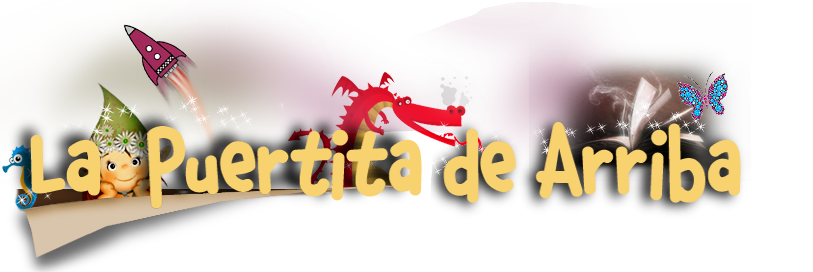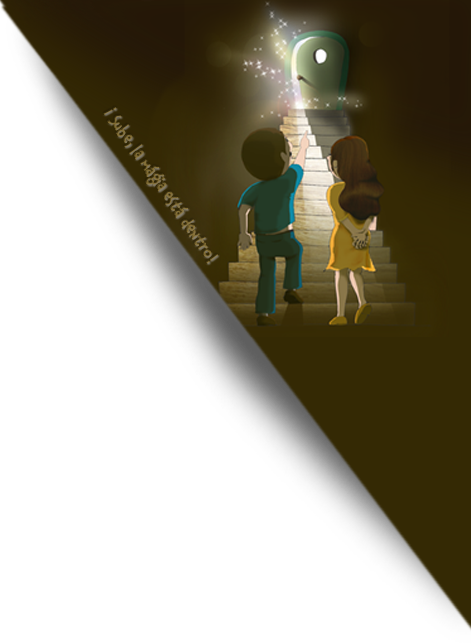Common symptoms during these attacks include rapid heart rate, sweating, trembling, and feelings of unreality. People with comorbid or pre-existing mental health conditions like social anxiety disorder or generalized anxiety disorder might find that alcohol worsens their symptoms. While in the moment, alcohol might seem to mask issues, but often, the rebound effect will intensify anxiety in the end. Sometimes, people turn to alcohol or other substances to help them hide from their problems or cope with symptoms of mental illness. In some cases, people with certain mental health conditions, such as anxiety or panic disorder, might develop an unhealthy relationship with alcohol.
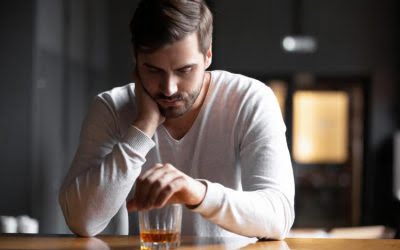
Managing conditions
They can prescribe any medication they think can help their patients. In order to find out which medications might be appropriate, they need to conduct a full evaluation. Anyone can experience anxiety—or “hangxiety”—after drinking, even if you aren’t dealing with alcohol dependence. However, if you find yourself frequently experiencing anxiety and regret after drinking, particularly after heavy drinking, it may be a sign of a more serious problem. It does so by binding to GABA receptors in the brain—which helps your body to relax and your mind to feel calm.
Alcohol’s Effects
Too much of some drugs such as caffeine, or even sugar can prompt a similar response. A panic attack, after alcohol or otherwise, is an episode of extreme anxiety where emotions are amplified and http://www.libma.ru/psihologija/izmenennye_sostojanija_soznanija_i_kultura_hrestomatija/p4.php terrifying. A person may experience shortness of breath or hyperventilate and feel detached from reality.

Health topics
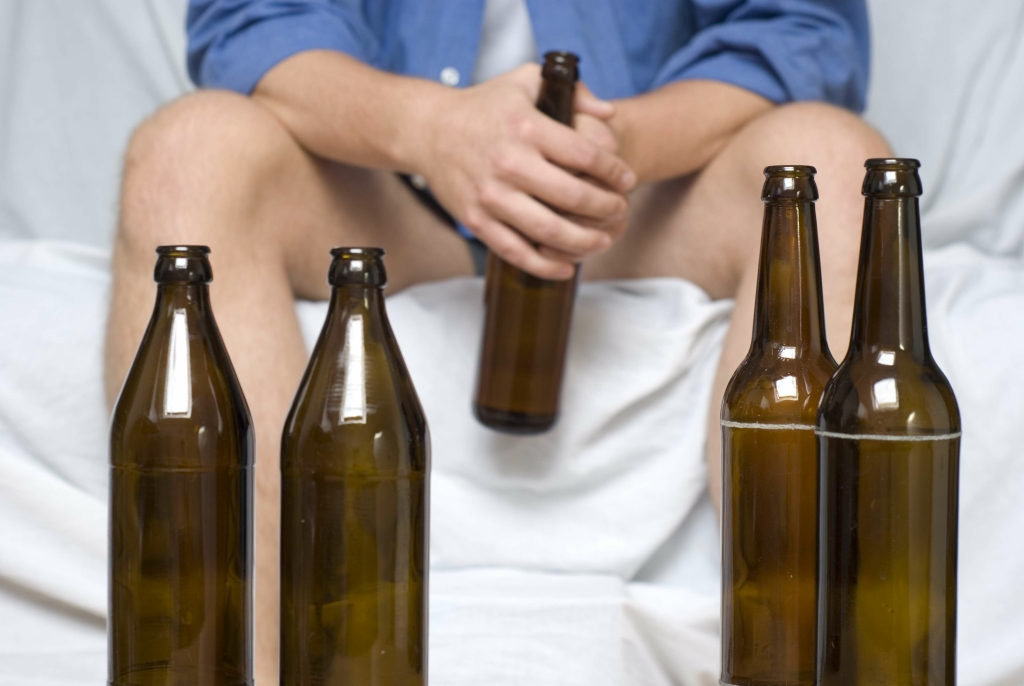
Social withdrawal is not uncommon, as people may isolate themselves to manage their symptoms. Increased alcohol consumption to self-medicate anxiety can create a harmful cycle, worsening symptoms over time. Stopping heavy alcohol use can lead to withdrawal, which often involves heightened anxiety and panic attacks. As the body adjusts to functioning without https://allmedbook.ru/search/?q=%D0%9D%D0%B0%D1%81%D0%BB%D0%B5%D0%B4%D1%81%D1%82%D0%B2%D0%B5%D0%BD%D0%BD%D1%8B%D0%B5;t=1;p=4;md= alcohol, the nervous system becomes overactive.
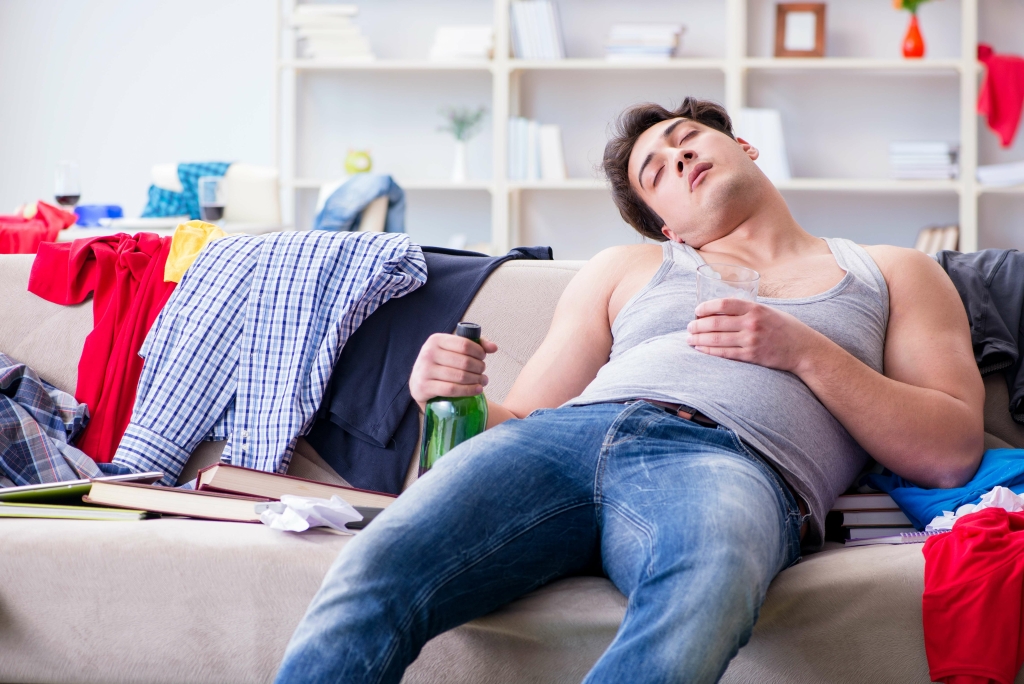
- Self-medicating your panic attacks with drink can leave you psychologically dependent on alcohol because the short-term sedative effects can be addictive.
- Your physician may also inquire about your substance use habits, and it is important to be honest.
- Hypersensitivity is when a person is so sensitive to changes in their body that they can’t help but notice and be affected by them.
- A skilled therapist will assess your anxiety levels and panic attacks and be able to create a treatment plan that addresses these issues.
- For most people, the feeling comes on as the effects of intoxication begin to subside.
- This means that cutting out alcohol can help – but often further action is required in order to take full control of your condition.
Opting for herbal teas or decaffeinated beverages can provide hydration without the stimulating effects of caffeine. Alcohol also disrupts brain chemistry, affecting neurotransmitters like GABA that regulate anxiety. Not sure if you – or someone you care about – is suffering from anxiety or depression? Everyone is different and may experience various combinations of the above, which are almost always accompanied by an overwhelming sense of fear and anxiety.
It could also be that alcohol use provides a mechanism for these disorders to develop. If a person drinks regularly, the natural GABA and serotonin levels can get destabilised, making withdrawal symptoms and anxiety attacks worse. This article explains the links between alcohol and anxiety and how to manage anxiety disorders and AUD in daily life.
Establish a supportive social network
- Society would have us believe that there’s no better way to unwind after a long day than by drinking a glass of wine, cold beer, or sipping your go-to liquor.
- If your treatment plan includes medication, your psychiatrist will prescribe and manage it.
- At Talkiatry, we specialize in psychiatry, meaning the diagnosis and treatment of mental health conditions.
The physical effects of alcohol consumption, such as increased heart rate and changes in blood sugar levels, can mimic symptoms of anxiety. For those prone to panic attacks, these sensations may be interpreted as signs of impending danger, potentially sparking a full-blown episode of intense fear and discomfort. Additionally, alcohol disrupts the balance of neurotransmitters in the brain, which can exacerbate anxiety symptoms and increase vulnerability to panic attacks. While it might be tempting to turn to alcohol to manage feelings of anxiety, it can be a slippery slope that worsens anxiety problems and increases your risk of developing an alcohol use disorder. Instead of alcohol, consider talking to a mental health professional about effective anxiety management options, which may include psychotherapy and medication.
Does Alcohol Cause Anxiety? Exploring the Connection
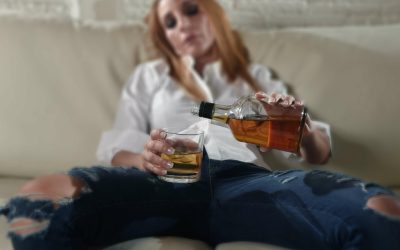
However, the disorder leads to significant complications if left http://www.russsia.ru/vse-o-svadbe/svadebnyie-sapozhki-40.html untreated, such as the development of agoraphobia, depression, or substance abuse issues. These complications severely impact daily functioning and quality of life. Understanding these distinctions is essential for accurate diagnosis and effective treatment. The sudden and intense nature of panic disorder distinguishes it from the more generalized and chronic anxiety seen in GAD, influencing both the therapeutic approach and the patient’s management plan. These comorbid conditions complicate the clinical picture, making the diagnosis and treatment of panic disorder more challenging.

